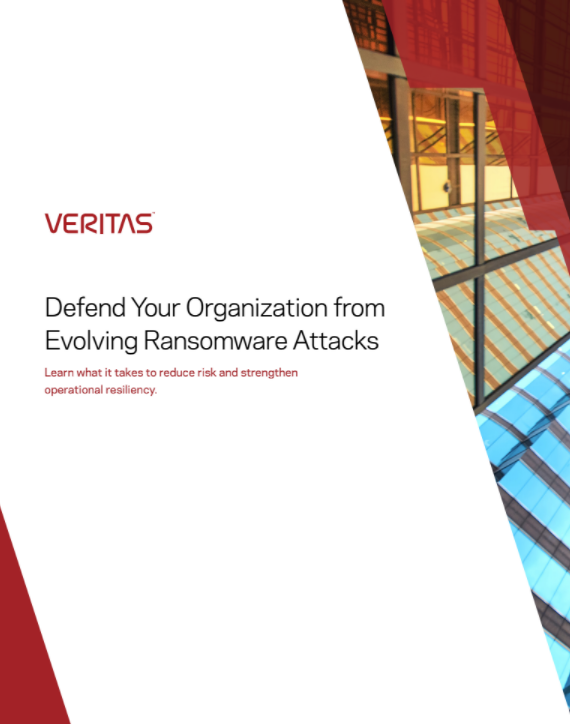US pipelines ordered to strengthen cyber defenses
DHS raises IT security standards after Colonial Pipeline hack

For the first time, US pipeline operators will be required to conduct a cyber security assessment, according to a new federal rule that's coming down in the wake of the recent ransomware hack that disrupted gasoline supplies in the Southeast.
The Department of Homeland Security (DHS) issued a new security directive Thursday. Until now, American pipeline companies operated under purely voluntary cyber security guidelines.
The new directive requires pipeline owners and operators to report any cyber incidents to the federal government, according to Reuters and the Associated Press. They also must have a designated cyber security coordinator available 24/7 to work with authorities in the event of an attack.
Pipeline owners and operators are required to review their cyber security practices and identify any potential gaps or risks. They have 30 days to report these to the Transportation Security Administration.
Failing to comply could result in fines starting at $7,000 per day.
"The recent ransomware attack on a major petroleum pipeline demonstrates that the cybersecurity of pipeline systems is critical to our homeland security," DHS Secretary Alejandro Mayorkas said.
RELATED RESOURCE

Defend your organisation from evolving ransomware attacks
Learn what it takes to reduce risk and strengthen operational resiliency
In the recent Colonial Pipeline cyber attack, Colonial's CEO has confirmed the pipeline company paid $4.4 million to cyber criminals who hit it with a ransomware attack in early May.
Get the ITPro daily newsletter
Sign up today and you will receive a free copy of our Future Focus 2025 report - the leading guidance on AI, cybersecurity and other IT challenges as per 700+ senior executives
CEO Joseph Blount said he approved the payment because executives were unclear how extensive the attack was, how far it had penetrated systems, and the time it would take to bring company operations back to normal.
When DarkSide hackers attacked Colonial, they forced it to shut down 5,500 miles of pipeline between Texas and New York, disrupting the fuel supply to large swaths of the East Coast. They also took 100GB of data from the network before locking computers and extorting the company for a ransom payment.
Once Colonial paid, the hackers sent a decryption tool to fix its computer systems. However, the tool was slow to fix problems, leaving the pipeline company relying on backups to restore systems.
According to the FBI, the hackers, known as Darkside, are in Eastern Europe or Russia.. Darkside reportedly expressed regret at the amount of damage it caused the Colonial. The hackers said they were "apolitical" and didn't "participate in geopolitics."
-
 Bigger salaries, more burnout: Is the CISO role in crisis?
Bigger salaries, more burnout: Is the CISO role in crisis?In-depth CISOs are more stressed than ever before – but why is this and what can be done?
By Kate O'Flaherty Published
-
 Cheap cyber crime kits can be bought on the dark web for less than $25
Cheap cyber crime kits can be bought on the dark web for less than $25News Research from NordVPN shows phishing kits are now widely available on the dark web and via messaging apps like Telegram, and are often selling for less than $25.
By Emma Woollacott Published